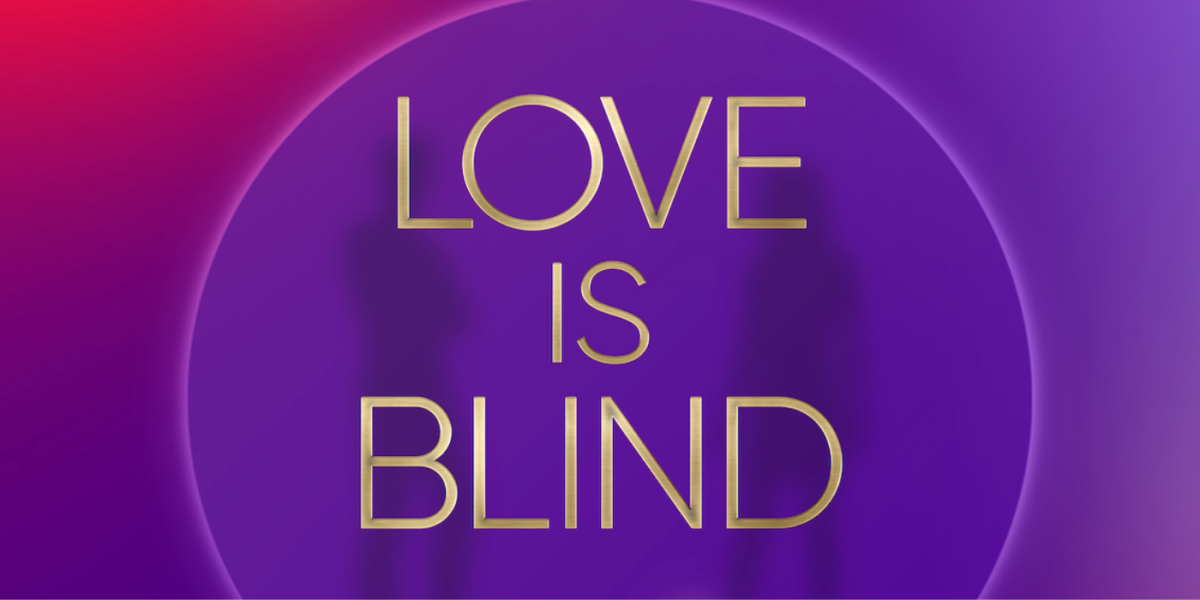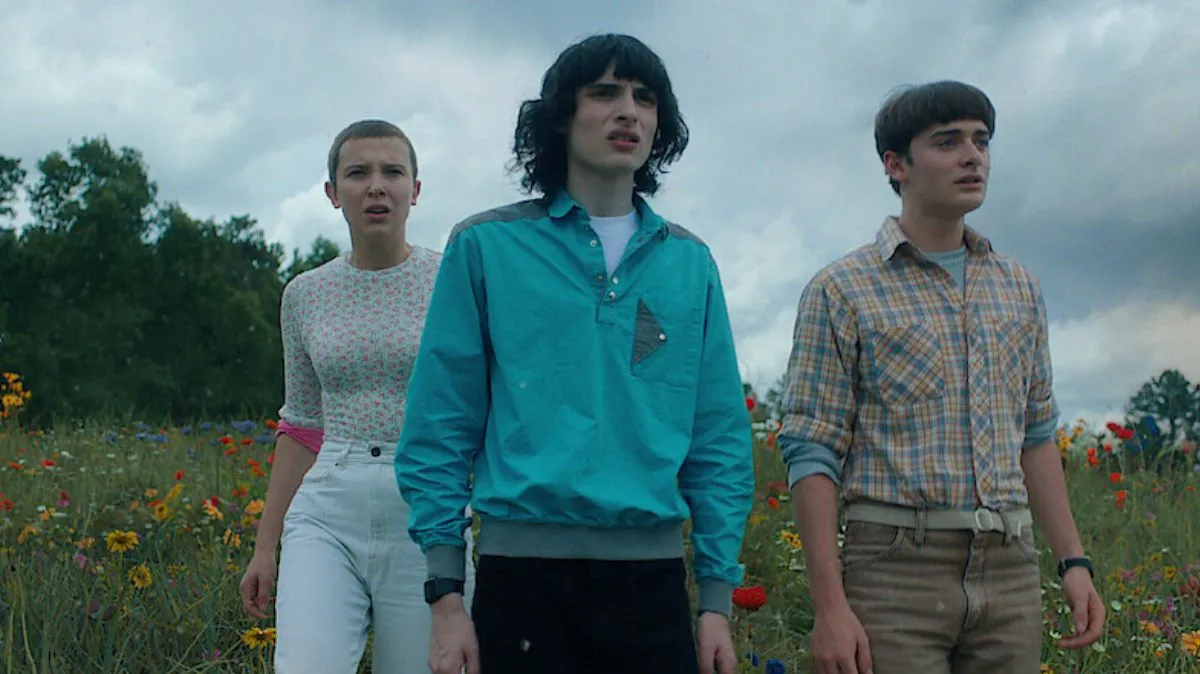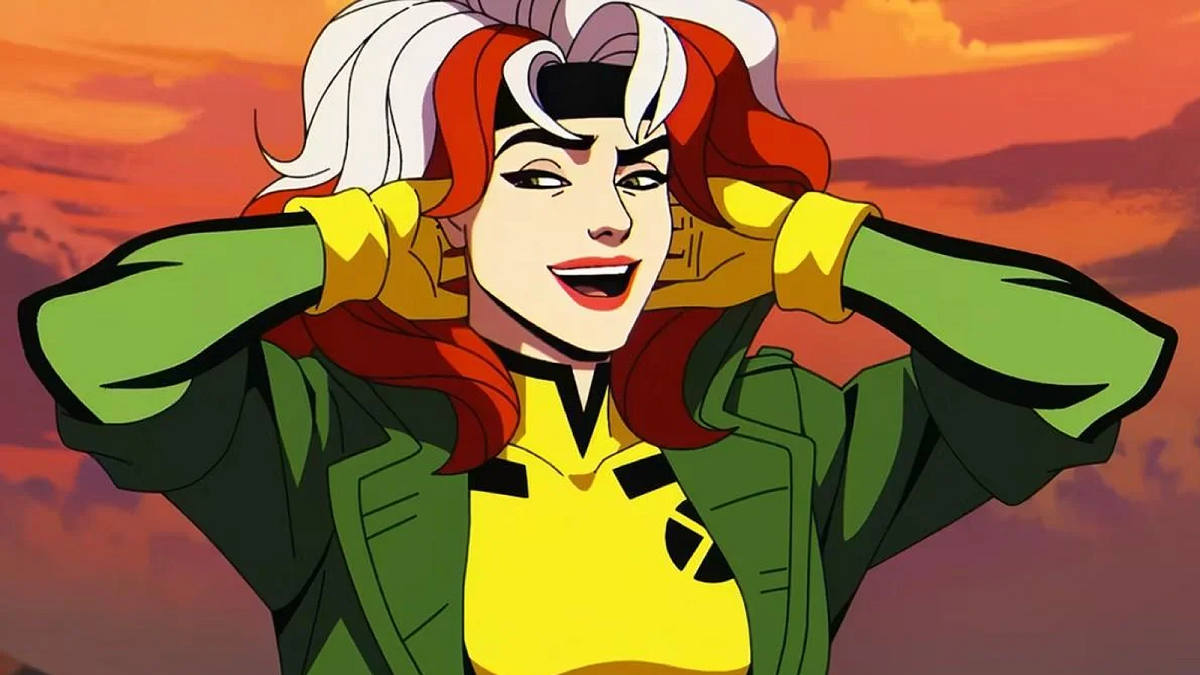Hollywood has struggled to crack the secret to adapting video games for the big screen since its first attempt with Bob Hoskins pulling on Mario Mario’s overalls. It has not yet succeeded. The list of movies based on games that either suck or are mediocre is only growing longer with each year. The shortlist of “good” video game movies includes the likes of Sonic the Hedgehog, Detective Pikachu, Resident Evil (the first one), Lara Croft: Tomb Raider — and we’re stretching the definition of good with some of those. Nonetheless, film studios continue seeking to cash in on insanely popular video game IPs. And adding to the complexity of making a good video game movie is that studios face yet one more, new challenge: Video games are increasingly cinematic themselves.
The point of a film adaptation is, arguably, to give us something we can’t see in the game. Actors delivering lines, cinematic action, and live action previously weren’t available in video games. However, with the advancement of gaming technology, the increasingly photorealistic graphics present in games, and the glut of talent flocking to the industry, that is no longer the case. What then is the point of making a film adaptation when games are already cinematic?

The recent release of a new Mortal Kombat film perfectly highlights this issue. The film, on the whole, is a gory, bloody, bog-standard film, with a rushed plot and next-to-no character development that hilariously doesn’t even feature the Mortal Kombat tournament. It’s also full of Mortal Kombat‘s signature finishing moves, a fact that should bring a lot of joy to fans of the series who get to see their favorite finishers acted out in real life.
Yet, in watching the movie, it all feels like it’s been done before. It’s not special to see this violence in “live action” because you essentially have seen it done before and done better in the recent Mortal Kombat video games. The games deliver a level of cinematic ultra violence on par with the violence on the big screen, so while the CGI might be a bit better, the end effect is not awe but redundancy.
I’ll admit right here and now that I haven’t played a Mortal Kombat game since mashing buttons in Mortal Kombat 2 on my friend’s SNES, but that doesn’t mean I haven’t kept up with the increasingly bonkers Fatalities the series has put out over the decades. A quick search on YouTube of Mortal Kombat 11‘s Fatalities delivers a fantastic series of gory finishing movies that are overblown, insanely fun to watch, and surprisingly well-directed. Sonya Blade literally shoots someone up into the blades of a helicopter, and Scorpion cuts a guy in half in slow motion while floating in the background. There’s skin being ripped off, acid melting people’s faces, and RoboCop blasting folks’ kneecaps off. More importantly, it all looks fantastic and like it’s out of some cheesy, campy, wonderful movie. What the film is trying to deliver to us as something unavailable anywhere else except on film is what the game has already been delivering for years. The tech and design of the game have taken anything special away from seeing this stuff in “live action.”

I keep putting “live action” in quotes because a lot of Mortal Kombat‘s fight sequences heavily involve CGI, which is obviously a need when your film includes a spinning hat to cut a batwoman in half, but it becomes an issue when lean on it so much. Aside from the two Scorpion/Sub-Zero battles, there is little hand-to-hand combat, so the movie is clearly bent on trying to impress you with its CGI gore — and we’ve already explained why that’s not enough anymore.
What we need from a Mortal Kombat movie is something different. A film that delivered strong, actual live-action combat mixed with the CGI fatalities would have been something new that only film can deliver because, no matter how hard they try, two characters awkwardly walking into each other during a 2D game match is never going to be cinematic.
Back when the first Mortal Kombat film came out, a movie was the only way you could get a truly cinematic experience. Sixteen-bit fighters were awesome to look at and the blood and gore were fun, but seeing an actual person doing Scorpion’s “Get over here” move hit with a lot more power when it was the only way to see the character do that in a realistic manner. In that era, simply bringing the game to life was enough to get you excited because the game couldn’t do it itself. It can, of course, be argued that Mortal Kombat the game was technically live-action itself, as the games used digitized images of actors, but that is more semantics and the game was far from a cinematic experience.

This isn’t to argue that the first Mortal Kombat film was high art or particularly well made, but rather that it didn’t face the same high bar that the 2021 film does to justify its existence. The original could get away with simply repeating and referencing things in actual live action. Ironically, the PG-13 rating of the original film meant that the Fatalities were never truly replicated like they are in the new film, and yet for anyone who saw the original when it was released, even the PG-13 replication of the moves felt more exciting because it’s all we had. Replication of any sort in cinema back then meant seeing something you couldn’t get anywhere else; now it means seeing nearly the exact same thing. The references just kind of sit with you now because you’ve seen them all made in the games in full 3D with X-ray, bone-crunching action, and full of the actual tongue-in-cheek delivery the franchise should be handled with.
This isn’t just an issue for Mortal Kombat. In fact, one could argue that in terms of adaptation to the screen that a fighting game like Mortal Kombat should have it a bit easier. There are easy ways to pivot the franchise into something new and deliver action that the game can’t. Other gaming franchises, however, are basically movies already at this point, with top-of-the-line action set pieces and actual plots that aren’t going to feel any more engaging because a “live-action” actor is doing them.

The most obvious culprit here is the Uncharted franchise, which has made its bones off of putting players into the action sequences they grew up watching on the big screen. Sony’s upcoming film based on the game, which in turn was based on Indiana Jones and other adventure movies, is going to be pulling triple duty to not seem repetitive. It not only has to deliver unique action sequences that players haven’t taken part in themselves in the game but also action that hasn’t been done or referenced a million times over in every adventure film released.
Just watching Nathan Drake, played by Tom Holland, climb up a train dangling over a cliff isn’t going to cut it for an audience who has virtually done that themselves. These films have to deliver more than replication and stand on their own now. On top of all of that, it needs to deliver an actual story. Unlike Mortal Kombat, people aren’t just tuning in for the fights here.
We don’t actually have to look into the future for another example of this, though. The last Tomb Raider film fell prey to this issue as well. Despite a strong performance from Alicia Vikander, the film decided to try to adapt the first, relaunched game pretty directly. The end result was the same thing we see with Mortal Kombat, a redundant film that doesn’t feel like it’s delivering anything new. Moments taken from the game in this case feel diminished, often lacking the punch that the original game successfully built up. The set pieces looked just as good in the game as in the film. Both Uncharted and Tomb Raider are basically movies you get to play now, and that means any film based on them needs to do more than just copy them.

Interestingly, moving sequences from film into gaming works a whole lot better than going the other way around, for precisely the same reasons. The film tie-in game was long derided as a lazy cash grab, but studios have shifted how they make them now, actually learning from what people want. While we don’t get as many games based on films these days, when we do, the action set pieces are not only given interactivity but usually expanded upon. Games can deliver more when doing replication, but films can’t.
Still, games have also seemed to learn the lesson that replication isn’t the best way to adapt. Increasingly over the past two decades, if a film has received a game, it has functioned as its own thing, not a reproduction of the film. Look at The Chronicles of Riddick: Escape from Butcher Bay, Star Wars Jedi: Fallen Order, Mad Max, Alien: Isolation, or Jurassic World: Evolution for examples of games taking a film series but doing something original.
Some films have learned this lesson too. Just look at three of the four films previously referenced as “good” adaptations: Sonic the Hedgehog, Detective Pikachu, and Resident Evil. All of them took inspiration from the games but didn’t try to duplicate or replicate them in a series of references like Mortal Kombat did. They are an actual adaptation, not a series of callbacks.
No one is looking for grand art from a Mortal Kombat movie or even something good. This isn’t an argument that Mortal Kombat needs to be a “good” movie; that is not why any of us would go to a Mortal Kombat film. It does, however, need to warrant its own existence. Gaming is a cinematic experience now, with an added layer of interactivity, and it means that for a film to exist, it has to give us something different that stands out from the already cinematic game it is based on.
In the past, simply seeing our gaming heroes outside of polygons and pixels was enough (yet even then Hollywood mostly screwed it up), but now it isn’t. The two mediums are too close together now to simply cram a movie full of references and walk away as Mortal Kombat does. Hopefully, Hollywood can learn this new lesson in its ongoing struggle to get a game adaptation right. I wouldn’t kount on it, though.





